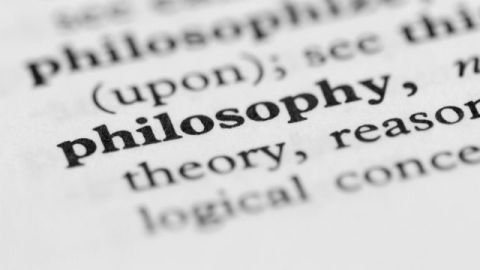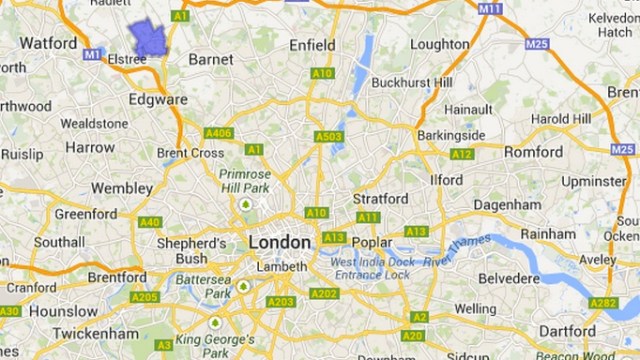Post 8: If Buddhism Is A Philosophy, It Is Often Bad Philosophy

I have dismissed but not disproved the charge that the beliefs of many Buddhists are better described as a philosophy or a “way of life” than a religion. My basis for that claim is that they make superstitious claims without good evidence. Evidence for this includes the concept of Karma, but is best exemplified in the conception of Reincarnation.
With the caveat that I know that many Buddhists do not believe in reincarnation, or treat it as a metaphor (by the way, could some commenter please explain to me what is so powerful about that idea as a fiction that people choose to belive in it as a metaphor; I don’t get it), I should explain to those who do not share my distaste for the particular wish in the wish-thinking behind reincarnation why I can so blithely and confidently claim that the doctrine of reincarnation is nonsense:
There is a whole field of study, and an engaging one at that, called Philosophy of Personhood.
The question at the heart of this field is “What makes somebody who they are?” In other words, what makes it right to say of somebody who occupied my body and went by my name last month that they are the same person as I am now? Anyway, don’t we also want to say that I am not morally responsible for the actions that “I” performed as, say, a 4 year old?
So it is a big question.
Theories on the matter postulate the common thread that makes people who they are and makes them not who they are not. Some of the main (wrong) answers are: Physical Continuity (disproof: I do not have any of the same cells or matter that I did one year ago), Memory (disproof: I can remember being 10 but not 5, yet when I was 10 I could remember being 5), and Psychological Continuity (disproof: I am not the same person that went by my name as a child; I am not guilt-worthy and praise-worthy for his crimes and achievements, yet there is psychological continuity between us).
But far in a way the theory of personhood with the most believers throughout history has been that of The Immortal Soul/Essence/Nature. I have an ethereal, supernatural essence which is what and who I am. This is of course the formal view of believers in Christianity and Judaism and Islam, at least since Aquinas.
I do not think that in this forum I need to even parenthetically refute that superstition, though, as I’ll explain below, for reincarnation to be a sensible concept, the soul/essence idea must be true. (Which it emphatically is not. And, it especially emphatically is not within the confines of a “way of life”, rather than a religion.)
I am now equipped to explain the response I gave when, with my family discussion of the documentary (see previous post), reincarnation was asserted and so shoddily evidenced: “What’s the difference?”
I asked that question after hearing about the documentary’s “proof” of reincarnation.
In philosophy, when we want to say something is true of/in the world, we say it “obtains”. So here’s what I meant by my question: What is the difference, in terms of qualities in the world, whether reincarnation obtains or does not obtain?
According to no credible theory of personhood is their any real difference whether reincarnation obtains or does not obtain. In other words, the world in which the Buddhist conception of reincarnation is true looks precisely the same as the world in which is it is false. It is a purely linguistic distinction.
To explain further, consider the following two situations:
A) In which I was born, but prior to that a deer died, and prior to that another person died, and prior to that a fruit fly died. None of the four creatures were reincarnated from anything.
B) Now consider an alternate situation in which I, a fruit fly, am such a good little guy that I earn the right to be a human in my next life (it boggles the mind to consider by what standards such creatures could live good or bad lives). I am then born as a human, but I’m not the best man in the world, so I am reborn as a deer after I die. As a deer, though, I really hit it out of the park (maybe I actually figure out how to get the hell out of the way of a speeding car), so I am reborn as a human once again, but not having any vivid or meaningful memories of any of these prior lives.
Leaving aside the massively begged questions about the mechanics of how this hierarchy is decided and enforced, I still need to figure out what the difference between situation A and situation B is. If two things have all the same characteristics, then they are identical; That’s what “identical” means. And, as you can plainly see, there is not a qualitative difference between situation A and situation B. QED, there are no terms on which we can decide to assert that “reincarnation obtains.”
Buddhists mostly claim not to believe in a soul or a in a genuinely distinct self (it is their primary claim, monism, that very concept of the ontological plurality is a fiction), but even if it is rebranded as energy or life-force they either appeal to a non-scientific, superstitious force. If the soul/self continuity issue is simply left unanswered, they are left begging the “what’s the difference?” question even more loudly.
People who believe in reincarnation see verification everywhere, because there is nothing which can convince them otherwise. The very vagaries and inconsistencies of their system give them confidence, rather than doubt. Little similarities between two people’s births make them sure that one is a reincarnation of the other. Before they offer any reactionary critiques of my wisdom, I must caution them that I share a birthday with Siddhartha.
And to anybody who, as a byproduct of sympathy for the Ancient and Eastern teachings of the various Buddhisms, is sympathetic to this claim that the doctrine of reincarnation is anything other than non-scientific, superstitious, faith-based dogma, I ask you this question:
“What’s the difference?”





